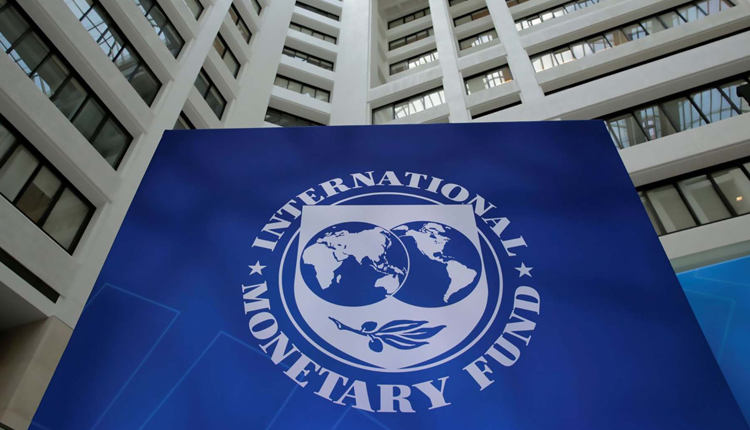The International Monetary Fund (IMF) has cut its global growth forecasts as trade tensions between the U.S. and trading partners have commenced to hit economic activity worldwide.
The IMF said the global economy is now expected to grow at 3.7 percent this year and next year — down 0.2 percentage points from an earlier forecast, according to the fund’s latest World Economic Outlook report released on Tuesday.
The report — published twice a year in April and October — is widely read by both public and private sectors globally for the IMF’s assessment of the world economy. The latest edition was released as thousands of finance officials and professionals gather in Bali, Indonesia, for the IMF and World Bank annual meetings.
Earlier projections now appear to be “over-optimistic” given that risks from “further disruptions in trade policies” have become more prominent, said Maurice Obstfeld, IMF chief economist, in a prepared speech.
“Two major regional trade arrangements are in flux — NAFTA (where a new trilateral agreement awaits legislative approval) and the European Union (with the latter negotiating the terms of Brexit). U.S. tariffs on China, and more broadly on auto and auto part imports, may disrupt established supply chains, especially if met by retaliation,” he said.
“The impacts of trade policy and uncertainty are becoming evident at the macroeconomic level, while anecdotal evidence accumulates on the resulting harm to companies. Trade policy reflects politics, and politics remain unsettled in several countries, posing further risks,” he added.
The fund also cut its forecasts for global trade volume: The total good and services flow is expected to grow by 4.2 percent this year and 4 percent next year — down 0.6 and 0.5 percentage points, respectively, from earlier estimates.
And the two economies in the center of the ongoing tariff fight — the U.S. and China — are also expected to grow slower than initially projected. The IMF maintained that the U.S. and China will grow by 2.9 percent and 6.6 percent, respectively, this year but said both would slow more than expected to 2.5 percent and 6.2 percent, respectively, in 2019.
‘More severe’ revision for emerging markets
Emerging markets — the group of economies that came under massive selling pressure in recent months — saw larger cuts to their growth forecasts in the IMF report.
“The negative revisions for emerging market and developing economies are more severe,” said Obstfeld. “Broadly speaking … we see signs of lower investment and manufacturing, coupled with weaker trade growth.”
The fund said in the report that the downward revisions were notable in several countries: Argentina, Brazil, Mexico, Iran and Turkey.
Emerging economies as a whole have experienced larger volumes of capital outflows as investors shift their money out on the back of rising interest rates in the U.S. Countries such as Argentina and Turkey have been among the most troubled, with their currencies crashing to all-time lows against the greenback amid questions over their governments’ economic management.
Source: CNBC


